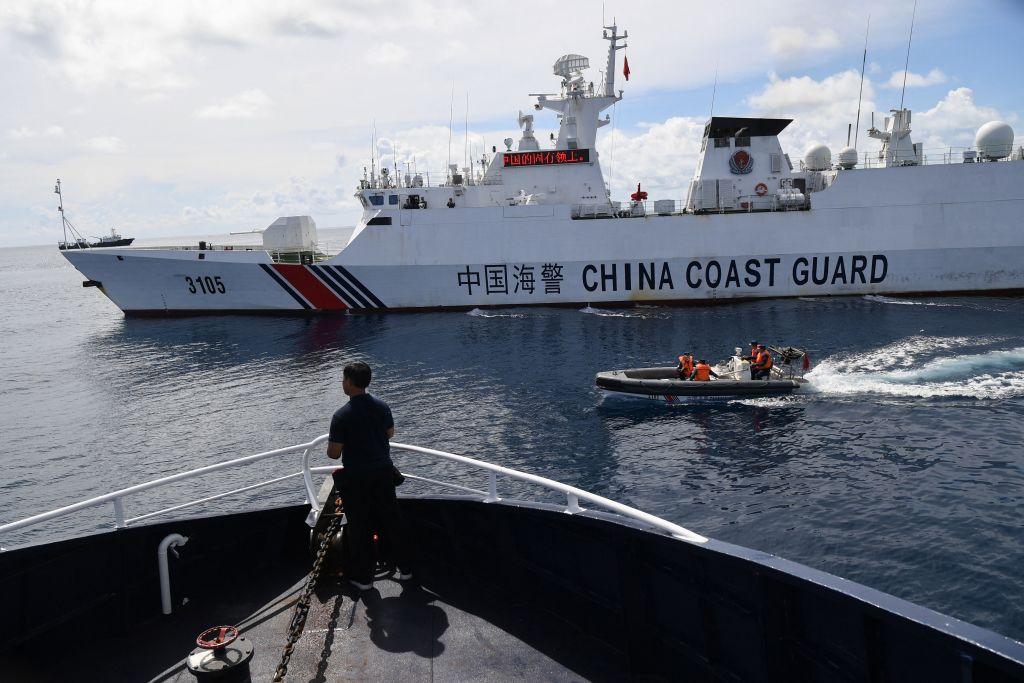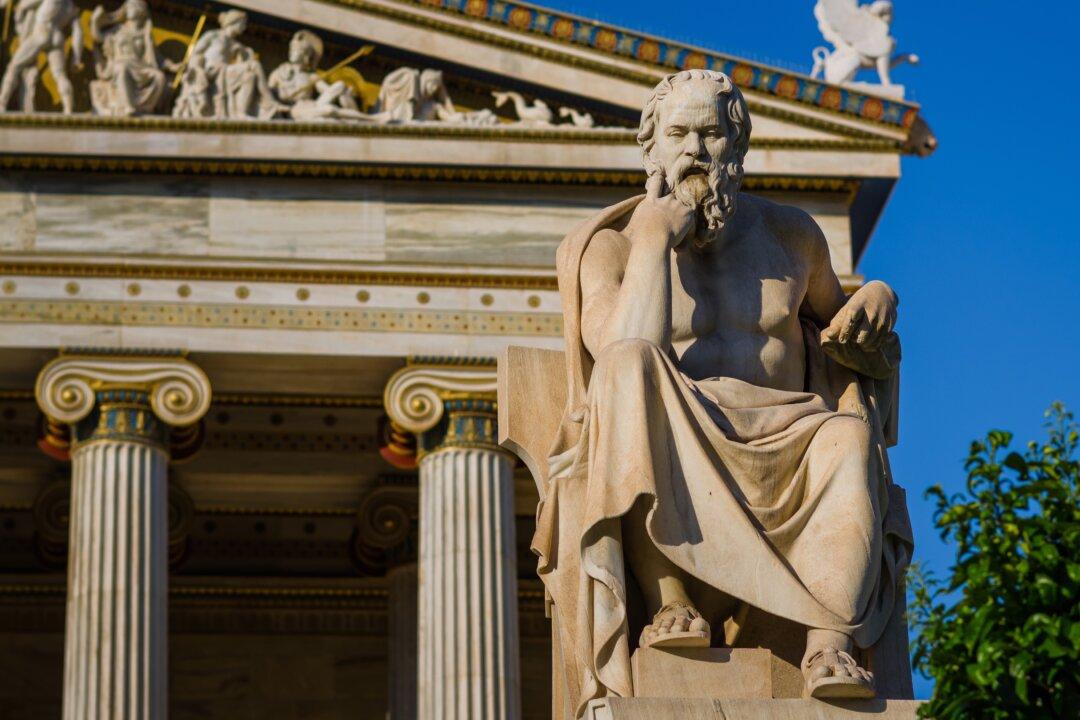Commentary
In 2022, the Biden administration punished the Chinese Communist Party (CCP) for abusing the human rights of Uyghurs in Xinjiang in Northwest China by declining to send government officials to the Beijing Winter Olympics. This amounted to less than a slap on the wrist for grave transgressions. Chinese leader Xi Jinping could bask in the glow of the U.S. Olympians competing alongside graceful young athletes from around the world without having to bother with staid diplomats delivering their predictable mix of prepackaged blandishments and reproaches.





